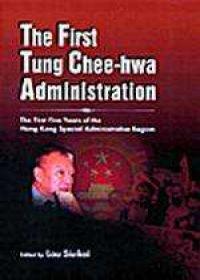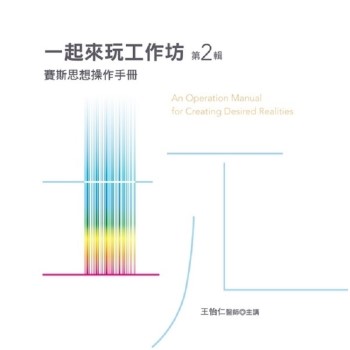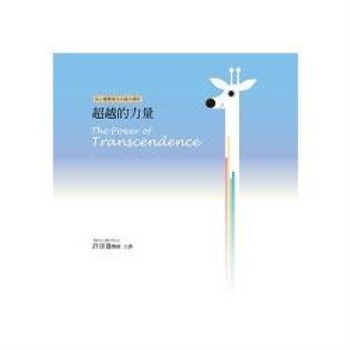內容簡介
The book is a study on the administration of the Tung regime including Tung Chee-hwa\’s leadership and various branches of his government as well as the bureaucracy. It focuses on how Hong Kong has been governed since 1997 in view of the changing political and economic environments. It is an in-depth analysis on various aspects of society, the government and the economy under the Tung regime as much as an overall evaluation of his performance. Questions asked include: To what extent are government policies consistent compared with those under the colonial rule? What does ”one country two systems” mean in reality and to what extent is the Tung regime successful to safeguard this principle in practice? Also, to what extent are external economic forces responsible to the seemingly deteriorating Hong Kong economy? How did the bubble of 1997 burst, and has the Hong Kong economy recovered under the stewardship of the Financial Secretary, Donald Tsang? Who are affected most by the restructuring of the economy, and what are some of the long-term implications for Hong Kong as an important world financial centre? How are the changes felt and perceived by its people as a whole? Indeed, what are some of the most effective policy measures that the Tung government has initiated to combat the economic and social situations? Lastly, what grade does the Chief Executive deserve with his five years of office?
作者簡介
Lau Siu-kai is Professor of Sociology, Chairman of the Department of Sociology, and Associate Director of the Hong Kong Institute of Asia-Pacific Studies, all at the Chinese University of Hong Kong. Aside from many of his public responsibilities, particularly during Hong Kong\’s transition in 1997, Professor Lau has published widely on Hong Kong\’s social and political developments. His earlier works include Society and Politics in Hong Kong (1982), Social Development and Political Change in Hong Kong (2000). He is also a co-author of The Ethos of the Hong Kong Chinese (1988).

 共
共 










